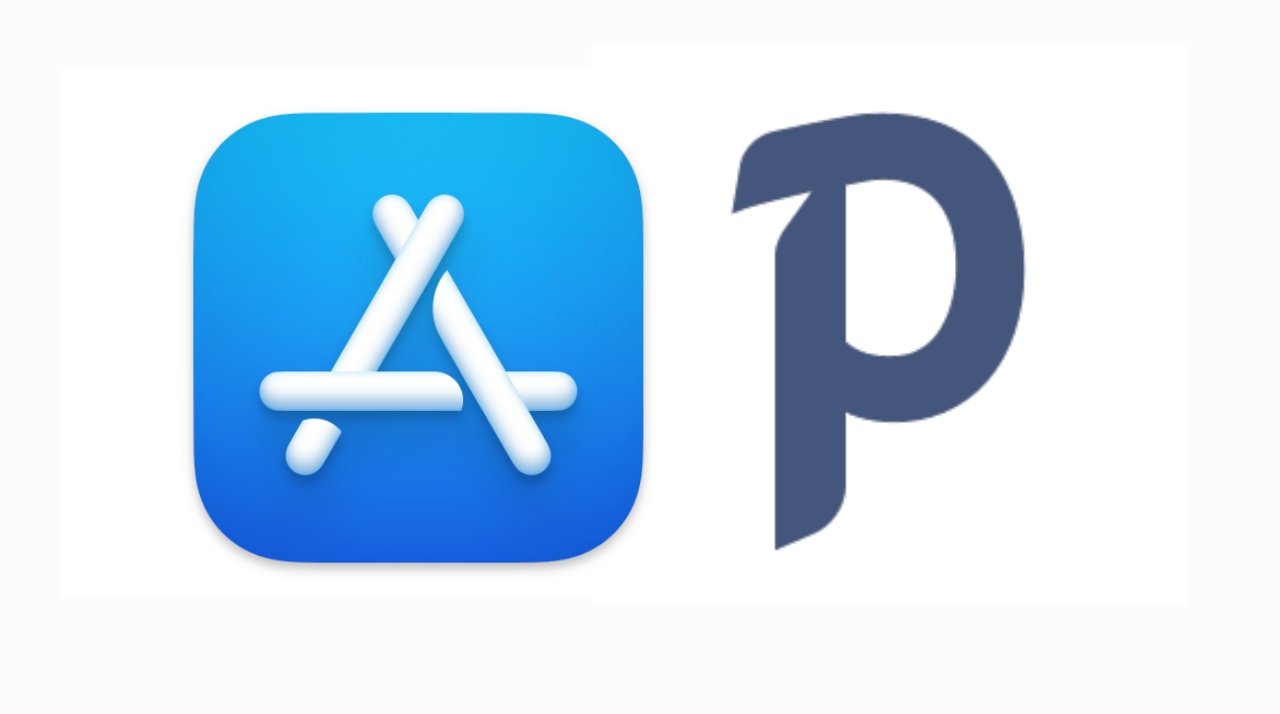Hoping to benefit from an optimistic reading of the Epic Games v Apple ruling, Paddle has announced an alternative to Apple's in-app purchase system in the App Store.
Describing itself as a global revenue platform for software developers, Paddle has produced an API that app makers can use instead of Apple's in-app purchasing system. Due to go live in December 2021, Paddle expects that developers will use its system, and its lower prices, to circumvent Apple while remaining on the App Store.
"Paddle's new offering is a direct response to the recent ruling in the Apple vs Epic lawsuit," says the company in a press release. "Paddle In-App Purchase is a true like-for-like, drop-in replacement for Apple's IAP, allowing developers to maintain a seamless user experience, without having to pay Apple 30% of every sale.
"Paddle has a highly competitive fee structure," it continues, "charging just 10% for transactions under $10, and just 5% on transactions over $10. This means that developers earn more from every purchase."
Introducing the new Paddle In-App Purchase - the industry's first alternative in-app Purchasing system for iOS, launching December 7th 2021.
— Paddle (@PaddleHQ) October 7, 2021
All the same benefits as the App Store, without the hefty price tag.
Find out more here: https://t.co/2p14gMV7nE
However, this appears to overestimate the ruling in the Epic versus Apple case by Judge Yvonne Gonzalez Rogers. The specific ruling regards what are called "anti-steering" measures.
Apple will be "restrained and enjoined" from preventing developers telling their users about other ways to pay. So a developer could, for instance, inform users of special offers on other platforms.
Paddle expects developers to instead swap Apple's in-app purchase system for its own. So more than telling users of other ways to pay, it would mean apps include a payment system directly.
"Our alternative In-App Purchase offering gives developers the chance to retain all the things they like about the App Store, while also giving them greater control and lower costs," said Christian Owens, Founder and CEO of Paddle. "We're incredibly excited to be rolling this out and look forward to helping customers get set up and ready for the switchover in December."
Talking to iMore, antitrust and patent litigation expert Florian Mueller, of FOSS Patents, says the Epic versus Apple ruling "doesn't have scope for [Paddle's] approach."
"Developers will presumably see their apps rejected [by Apple] when they incorporate the Paddle API, and rightly so," he continues.
Paddle claims that it has taken legal advice and that its approach is permissible within the ruling. Apple has not yet commented.
 William Gallagher
William Gallagher







-m.jpg)






 Malcolm Owen
Malcolm Owen
 Bon Adamson
Bon Adamson
 Marko Zivkovic
Marko Zivkovic
 Amber Neely
Amber Neely



 Christine McKee
Christine McKee


-m.jpg)






16 Comments
Whatever their method is, Apple may implement the same and can still maintain its profits. For example, let's consider a coupon based payment system. Apple may drop the in-app payment method altogether and implement "app coupons". Just like iTunes coupons sold everywhere. Such "app coupons" may be sold both by Apple and many third parties. In such a scheme, Apple would still sell the huge majority of those "app coupons" and third parties would sell only a tiny percentage. Because no one would bother to switch stores for the sake of providing "more profit to the developer". Competition would be met and everyone would be happy, except those third parties.
What assholes these developers are. They want the benefits of the App Store but they don’t want to pay for them. They demand to be able to “circumvent” Apple’s fee structures to maximize their own profits and Apple is supposed to just go with it? I’m starting to think maybe Apple should allow third party app stores and let these parasites fend for themselves. Let's see how it takes for them to come back with hat in hand, suddenly appreciating what they have in the App Store. Allowing side loading would immediately make all claims of anti-competitive behavior vanish. Apple could continue on with its App Store policies. If developers don’t like it, fine, go somewhere else to hawk your warez. See how long it takes them to realize the error of their ways.